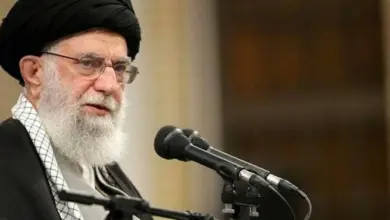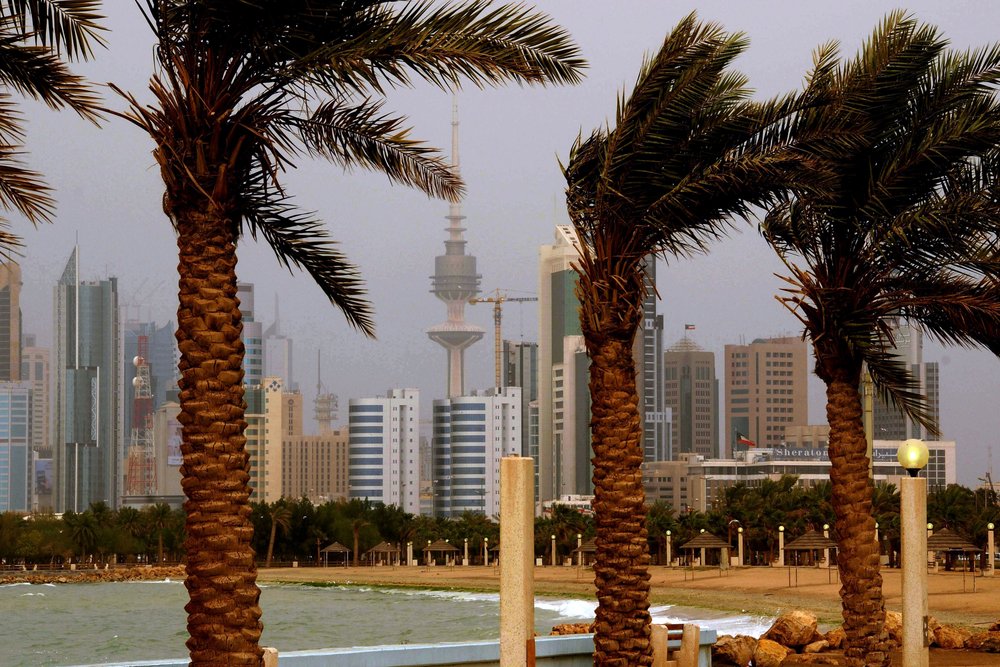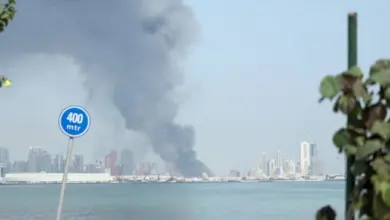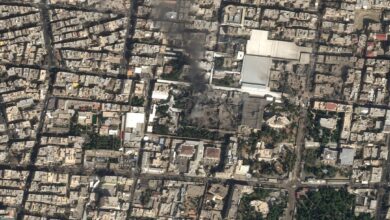The London-based newspaper Asharq al-Awsat quoted an Egyptian security source on Monday as saying that Iran is possibly funding the smuggling of Libyan weapons to the Sinai Peninsula to cause unrest in the already troubled area.
The security source, who was not identified by the paper, said that Cairo sees Iran is a possible element in the current unrest in Sinai.
The same security sources told the newspaper that Iran might be attempting to establish a point of confrontation with Israel in Sinai relying on those groups. Without providing details, the sources said authorities had detected movements by Iranian businessmen with Western passports in Cairo following the resignation of toppled president Hosni Mubarak.
No other source was reported to verify the information published in Asharq al-Awsat, which is funded by Saudi Arabia.
In recent days, a number of Saudi media outlets have reported about increasing Iranian involvement in Egypt.
On Saturday, The website of the Saudi-owned Al Arabiya reported fury in Egypt after the establishment of a Husseiniya, a place where Shia Muslims gather to remember the killing of Hussein, the son-in-law of Prophet Mohamed, who was slain in the battle at Karbala in 680.
The report was based on reactions over an unverified incident which said the Husseiniya was built illegally.
Relations between Cairo and Tehran were cut 30 years ago due to disagreements over regional issues. An official at the Iranian diplomatic mission in Cairo had said his country does not interfere with Egypt's affairs and denied links with any extremist groups in Sinai.
Since the uprising that toppled former President Hosni Mubarak, Sinai become increasingly lawless, with the security situation becoming fragile on the Egyptian-Israeli border. Unidentified armed groups had managed to blow up the pipeline transferring Egyptian natural gas to Israel 14 times since the breakout of the January 2011 revolution.
Israel fears that militants will launch attacks from Sinai.
Egyptians remain watchful as Israel prepares to install an early warning system in the city of Eilat to protect the area from potential rockets fired from Egyptian soil.
On Monday, Egypt's Foreign Minister Mohamed Kamel Amr discussed with the head of the multinational force in Sinai, David Satterfield, the force’s operations in the Egypt-Israel border region.
Asharq al-Awsat quoted the source as saying that Egyptian security authorities have been detecting an increase in the activities of Jihadist groups along the Egyptian borders with Gaza and Israel.
The source added that weapons belonging to the old Libyan army had been increasingly common among Jihadist groups since the start of 2012.
But there is no confirmation from any side that these Jihadist groups have ties with Iran. Ultra-conservative Salafis view Shia as heretics.
Egyptian army and police forces had boosted their presence at security checkpoints in Sinai following four missile attacks by unknown assailants who are probably linked to Jihadist groups in Rafah and Sheikh Zuweid.
The number of Egyptian military troops situated in Sinai had been limited by the peace treaty with Israel. Though Israel says it admits more Egyptian troops when necessary, Egyptians say they need more freedom of movement and activity in the region.
Egyptian presidential candidates have, in many occasions, vowed to amend the treaty with Israel seeking larger Egyptian influence in Sinai.
Meanwhile, Egyptian authorities have been more stringent concerning the movements by Egyptians and foreigners in Sinai and near Gaza borders.




